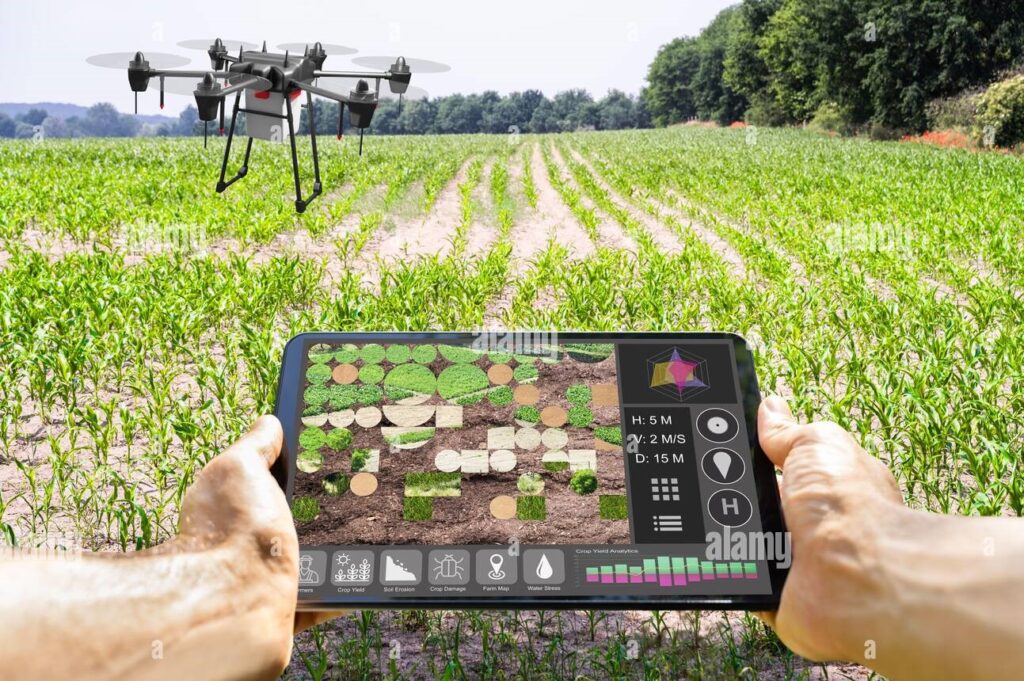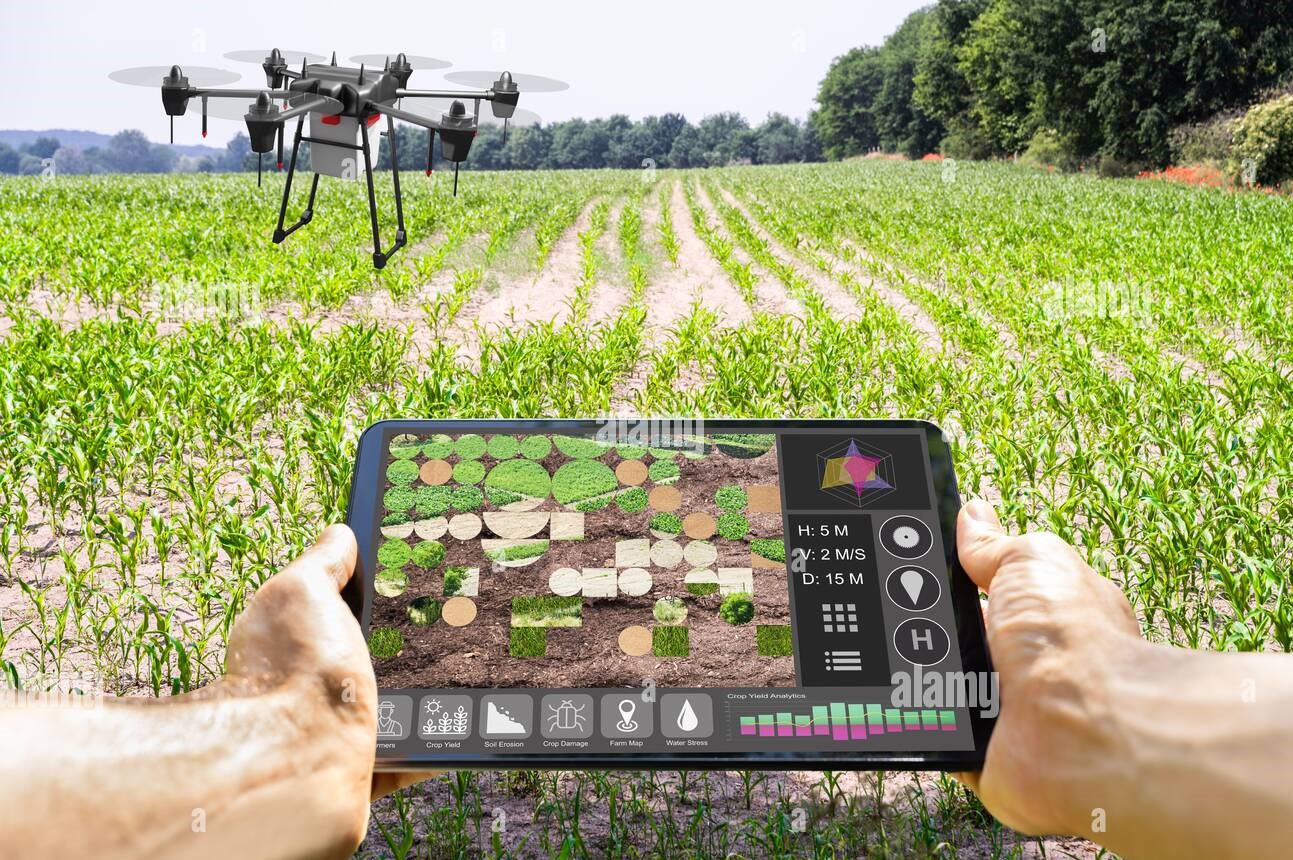A top official of the Development Bank of the Philippines (DBP) announced that as part of its efforts to advance innovative, sustainable, and efficient farming practices in Albay, the state-owned bank recently granted P500 million in funding to support various farmer cooperatives in the province.
Michael O. de Jesus, President and Chief Executive Officer of DBP, stated that the amount is expected to help finance the “Digital Rice Clustered Farming (DRCF)” project, which combines advanced automation, precision farming techniques, and data analytics to optimize resource utilization while increasing small farmers’ annual yield by up to 30 percent.

DBP pushes for innovative farming with the aid of technology (IMAGE CREDIT: www.alamy.com)
“The DBP recognizes the immense potential of this innovative farming initiative to elevate Philippine agriculture to greater heights,” de Jesus said. “And through this project, the DBP can bring forth a revolutionary farming technology to the market while empowering farmers to thrive in an ever-changing agricultural landscape.”
DBP is currently the eighth-largest bank in the country in terms of assets. It provides credit support to four strategic sectors of the economy – infrastructure and logistics; micro, small, and medium enterprises; environment; social services and community development.
Promoting inclusive growth and a stronger rice sector in PH
The DRCF project is being funded under the DBP’s Expanded Rice Credit Assistance, which is under the Rice Competitiveness Enhancement Fund (ERCA-RCEF). It aims to promote inclusive growth and build a stronger rice sector in the country.
According to De Jesus, the project will be implemented in a joint effort with the provincial government of Albay, the Department of Agriculture, the National Food Authority, the Philippine Center for Post-harvest Development and Mechanization, and the Philippine Crop Insurance Corporation.
He said that these agencies will collaborate in the areas of planning and coordination, technical assistance and capacity-building, as well as in infrastructure development, development financing, and value chain development.
“By combining our resources and expertise, we are able to create a robust framework that would address the needs of our farmers. This convergence also serves as a testament to our collective commitment to serving the best interest of our nation and fostering sustainable development in the agricultural sector,” de Jesus said.
De Jesus noted that the DRCF initiative is aimed at consolidating individual rice farm holdings into larger farms, which, in turn, would result in lower production costs and improved farmers’ income by leveraging the economies of scale.
He said that the technology-enhanced farming solution is set to utilize a Digital Transformation Platform, including the use of satellite imagery, machine learning, and artificial intelligence (AI), which are expected to significantly boost rice production by 28,000 metric tons (MT) annually with 2,000 hectares of land with upside production by up to 70,000 MT covering a cluster farm size of 5,000 hectares.
“DBP remains committed to providing the necessary funding assistance that will enable transformative agricultural initiatives to flourish, improve food security, and contribute to the nation’s overall development,” de Jesus explained.
De Jesus further said that the DRCF project will be piloted in the Province of Albay and that the DBP has already identified an initial five farmer cooperatives to participate in the cluster farm project.
He added that the farm clustering and consolidation technique is being recognized by the Department of Agriculture as one of the key strategies to scale up the Philippine agricultural sector even as he noted that “…the cluster farm system is potentially being seen to become the epicenter of rice production in Albay.”
“The bank’s funding support for this initiative signifies our relentless efforts to empower small farmers and agribusinesses to adopt new technologies and contribute to the achievement of the nation’s sustainable development goals,” de Jesus ends.








